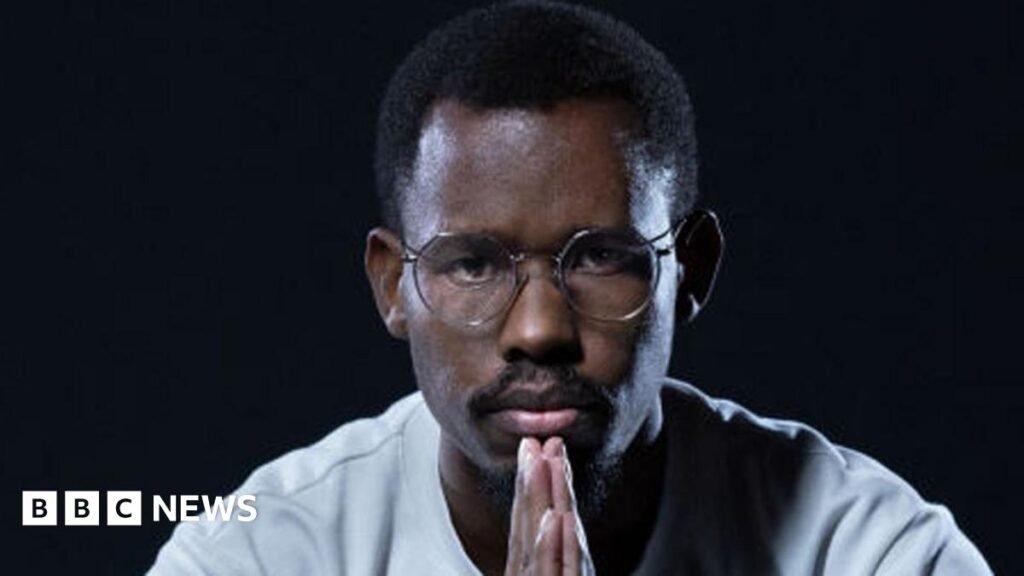Kenyan business student Nelson Amenya has been hailed as a hero by those calling for greater transparency in the deals his government makes with private firms.
Recent Kenyan history is littered with stories of huge contracts being awarded as a result of corruption – and despite laws meant to prevent it, there are suspicions that it continues to happen.
Thirty-year-old Mr Amenya, who is studying for an MBA in France, revealed details on social media in July of what he said was a proposed deal between Kenya and Indian multinational Adani Group.
This concerned the management of the Jomo Kenyatta International Airport (JKIA) – the country’s and the region’s largest airport, which is long overdue for a complete overhaul.
“The first feeling I had (when the documents were handed over to me) was that this was just another government deal… I didn’t understand the scale or the seriousness of it,” Mr Amenya, whose profile as an anti-corruption activist was on the rise, says the BBC.
The documents detail the Adani Group’s offer to lease JKIA for $2bn (£1.6bn) over 30 years to upgrade and operate it.
When he started going through the papers, he felt that if it continued, it would “hurt the Kenyan economy” while all the benefits would go to the Indian multinational company.
The deal seemed unfair to him, according to what he had read, as Kenya would still contribute the largest share of the money but would not receive the financial benefits.
Mr Amenya had good reason to believe the documents were genuine because “the people who gave me these documents were from very legitimate government departments”, he says.
Adani Group is involved in infrastructure, mining and energy projects around the world, in countries such as Israel, UAE, France, Tanzania, Australia and Greece. Its founder Gautam Adani is a major player in the Indian economy and is a close ally of Indian Prime Minister Narendra Modi.
After reading further, Mr Amenya says he discovered that Adani’s deal with Kenya could have left his country liable to pay the company if it did not recoup its investment.
“It was a serious breach of public trust by the leadership of the president, the Kenya Airports Authority, the minister – they all betrayed the people,” he claims.
Despite the evidence in his hands, Mr Amenia struggled with what to do next. His own safety was at risk, although he found it better to be in France than in Kenya, where anti-corruption activists were targeted and some were killed.
“I was a little scared. I didn’t know what was going to happen. I’m risking my career, I’m risking my life, why should I risk doing this?’ he asked himself at the time.
However, in the end, he decided that staying silent was not an option.
– You know, only cowards live long.
After spending weeks reviewing what was sent to him, Mr Amenya leaked the documents to his X page in July, sparking immediate outrage in Kenya.
JKIA airport workers went on strike demanding the deal be scrapped.

